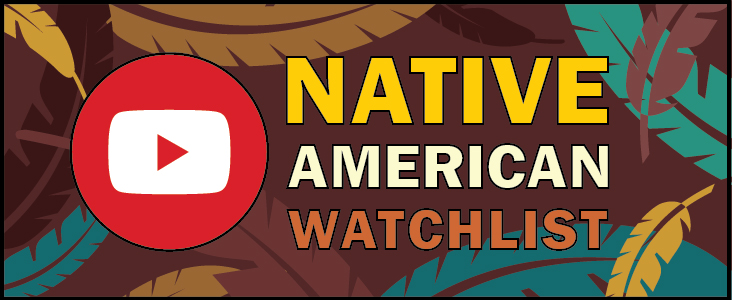Culture
Watchlist: “Salmon Wars” podcast

By Kamiah Koch
Social media/digital journalist
One of Oregon Public Radio’s most popular podcasts, “Timber Wars,” recently published its sequel in collaboration with ProPublica called “Salmon Wars.”
Reporter Tony Schick narrates the podcast and shares the voices of a Yakama Nation family who has been fighting for salmon and fishing rights for generations.
“As a white kid growing up in the Pacific Northwest, I’d look out the window during drives along the Columbia River,” Schick said in the podcast’s 2-minute trailer. “I’d see signs about the Lewis and Clark expedition and dams being national historic sites. I never knew about the Native communities that were right there … the history lessons I was taught were not the whole story.”
Schick begins the story by introducing Randy Settler, a Tribal fisherman who provides salmon for his family and hundreds of Yakama Tribal members.
“Our survival is dependent upon the salmon, and our existence is linked to this area and has been linked to the salmon,” Settler said. “We need to be able to gather in our usual and accustomed areas.”
The conflict in this story is not who can fish for salmon or where they can practice their traditions, it’s about whether the fish will still be around for Tribal people to harvest and what that means for the Yamaka Nation’s way of life.
Schick explains there are several reasons the salmon are decreasing. One of the main reasons is due to the construction of hydroelectric dams along the rivers.
“At other fishing grounds that still exist the salmon are simply gone, vanished behind dams that have no way for fish to swim past them,” Schick said.
Tribes have been suffering alongside the salmon.
The second episode of “Salmon Wars” focuses on the treaties Tribes were forced to sign. Schick notes sometimes these treaties were signed at gunpoint.
After the treaties came the dams.
“Some of these agencies – federal agencies that were involved – they promoted the dams by saying, ‘Look, if we build these dams we can get rid of the Indian populations that currently live along the Columbia above the Bonneville dam,’” Settler said.
OPB and ProPublica’s research found records from government meetings reflected the same messages of intentional extermination of Native populations.
The episode ends with a twist. George said the Tribal communities were hired to build the dams that would ultimately cause the salmon population to decline.
“They did it for survival purposes,” Settler said. “Even though they knew it was not going to beneficial to their other existence, they regarded it as work.”
You can listen to the first two episodes of the Salmon Wars podcasts, plus the soon to be release episodes at https://www.opb.org/salmonwars/?_ga=2.64639014.843381340.1710528630-2132075784.1571781204.
